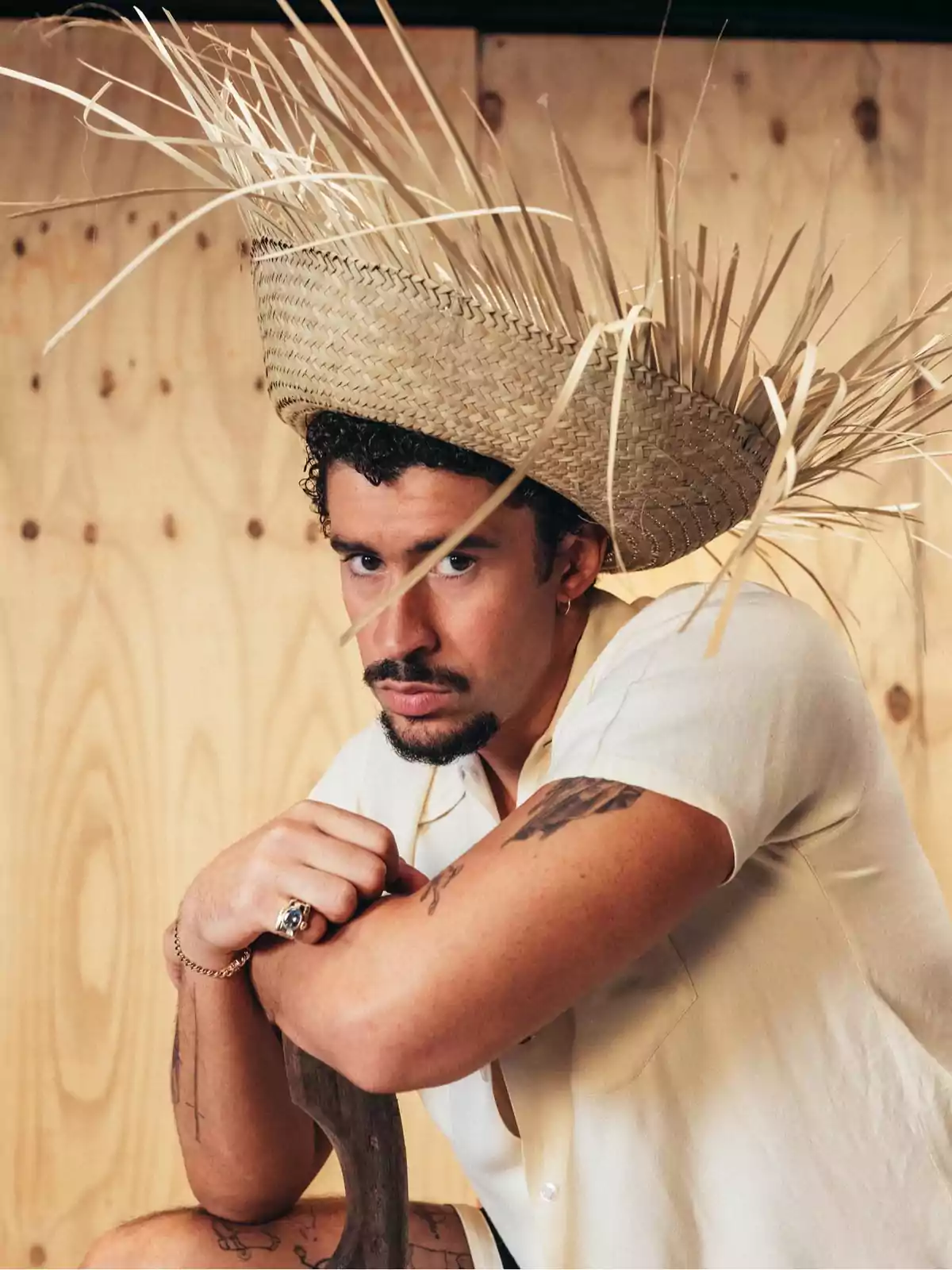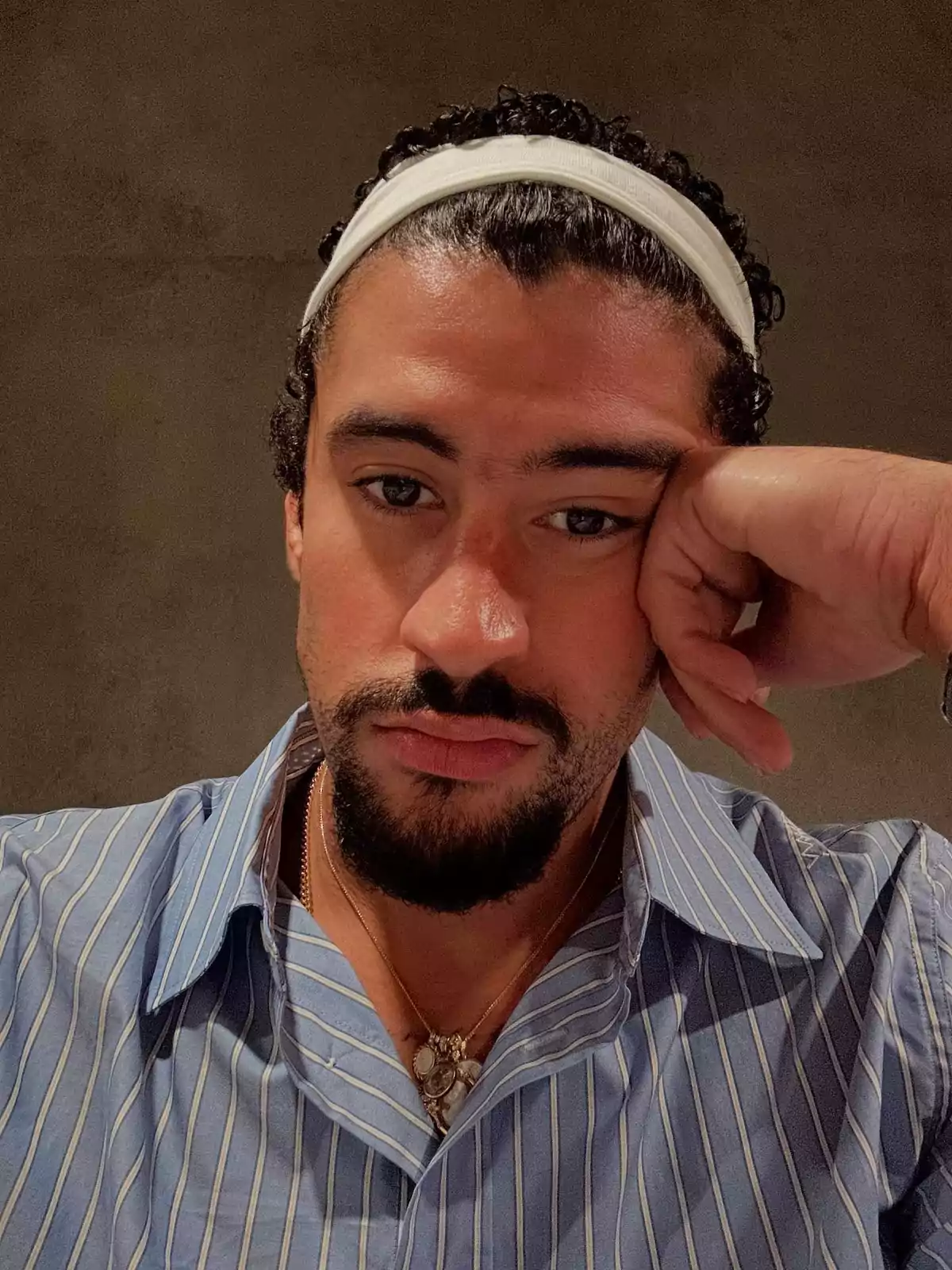
A renowned university in the United States offers an exclusive course on Bad Bunny.
The news caused a stir on social media and a large number of memes about it
Bad Bunny, one of the most influential artists in global urban music, adds a new milestone to his career, this time in the academic field.
Yale University, one of the most prestigious institutions in the United States, announced that it will offer a course dedicated exclusively to the analysis of his work and cultural impact.
Entitled Bad Bunny: Musical Aesthetics and Politics, the seminar will be available starting next fall and will be taught by Associate Professor Albert Laguna, a specialist in American studies and topics of ethnicity, race, and migration.

Far from being a superficial curiosity, the course proposes an in-depth approach to the figure of Benito Antonio Martínez Ocasio (the artist's real name) as a cultural and political phenomenon.
The objective is to understand, through his music, the complex dynamics of the Puerto Rican diaspora, the historical ties between Puerto Rico and New York, and the development of genres such as reggaeton, bomba, plena, and salsa.
"Bad Bunny's music allows us to hear the echoes of Caribbean history, mass migrations, and the colonial challenges of the region", Laguna explained in statements to Yale News.

The idea to teach this course arose after the academic repeatedly listened to the singer's latest album, Nadie Sabe Lo Que Va a Pasar Mañana—erroneously cited by some media as DeBÍ TiRAR MÁS FOToS—during a trip through New Orleans. The city, with its Caribbean and colonial heritage, led him to reflect on the connections between space, music, and identity.
One of the songs that the course will take as a central theme is NUEVAYoL, which samples the classic Un Verano en Nueva York by Gran Combo de Puerto Rico. For Laguna, this track sums up the tensions and cultural intersections between the island and the great American metropolis: "It is impossible to tell the history of Puerto Rico from the nineteenth century to today without talking about New York and the constant exchange of people and cultural production between both places".
The proposal has already caused strong interest among students. As of April, 44 people had pre-registered for the course, although the maximum capacity is only 18 spots. According to the professor, the classes will also include debates on musical aesthetics, colonialism, and Latin identities.
More posts: